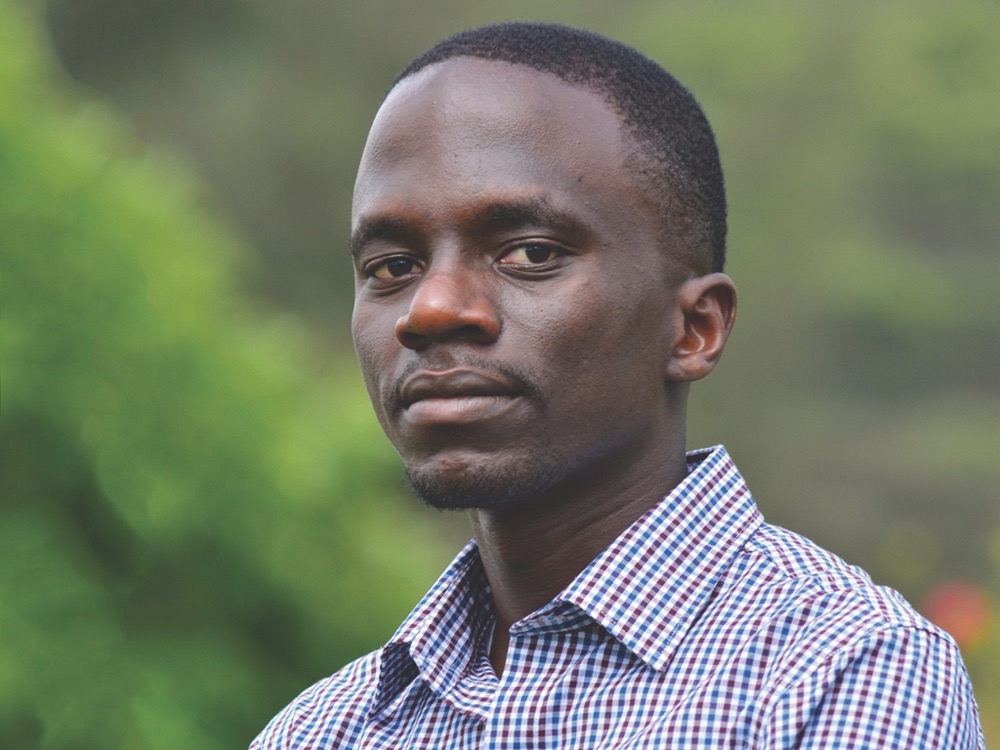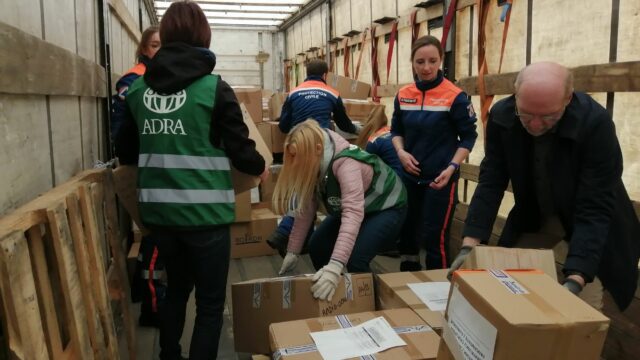We had given him all the latest treatments available in our part of the African continent—without any success.

Nothing could have prepared me for this.
“I’m sorry, Daktari; we just lost him.”1 I froze.
My heart began pounding furiously in my chest, my mind in a flurry of unanswerable questions. Inexplicable grief engulfed me. A whirlwind of emotions flooded through my being as I asked myself the question many of us have done so many times. “Why did they have to die?”
So this is how it feels.
Having been labeled as the “COVID doctor” in my local hospital in Nairobi, Kenya, I had treated hundreds of patients during the COVID pandemic. Now, right at the heart of the worst wave of the delta COVID variant, I finally knew what it meant to lose someone close to me, my own family member—the one I thought would survive but did not.
Why, Lord?
We had given him all the latest treatments available in our part of the African continent—without any success. We had prayed fervently for him. We had pleaded to God day and night to spare his life. But God hadn’t intervened.
Perhaps that’s what Mary and Martha felt as they pleaded with Jesus to heal their brother, Lazarus; as they sought to evoke His sympathy by reminding Him of His attachment to Lazarus: “Lord, the one you love is sick” (John 11:3).2 Surely a reminder of Jesus’ bond to Lazarus would spark an immediate response to heal him. After all, Jesus had healed so many others. Why not save the one person He loved dearly, even as His own brother?
Jesus did not intervene. Yet we are told that “Jesus loved Martha and her sister and Lazarus. So when he heard that Lazarus was sick, he stayed where he was two more days” (verses 5, 6). Could it be that Jesus’ apparent “delay” was connected to His very love for Lazarus, Mary, and Martha? Could it be that His seemingly aloof behavior of procrastinating what His loved ones desperately desired—that very act of “arriving too late”—was the ultimate demonstration of His love for them? Could it be that the times we feel that Jesus is not there for us—the instances during which God seems to be so far removed from our painful experience—are the very moments His love wraps itself around us the tightest?
It has been more than a year now since we buried my beloved family member. Yet Jesus’ words to Mary and Martha came alive to me, thousands of years after He spoke them: “This sickness will not end in death. No, it is for God’s glory so that God’s Son may be glorified through it” (verse 4). The death that Mary and Martha knew humanly was not really death in Jesus’ terms. Jesus knew that there would be a greater blessing in Lazarus’ physical death than in the healing of his sickness. He foresaw that God would receive greater glory in His apparent delay than if He had directly intervened. The Lord in His wisdom allows us to go through painful times because He sees the big picture. Jesus said to her, “Your brother will rise again” (verse 23). And He says the same to us today: we can rise again from our pain, our heartaches, our insurmountable problems, our trials, our hopeless situations, our suffering. We can, and will, rise again!
As we reflect on the pillars of our faith, we are reminded that our deceased loved ones will rise again, for they have just “fallen asleep” (verse 11). Our temporary pain on earth will give rise to permanent joy in heaven. This gives us hope that “our present sufferings are not worth comparing with the glory that will be revealed in us” (Rom. 8:18). This gives us confidence that whatever we are going through now in our personal lives—including the bad and the ugly—all of it is evidence of His love for us. He is closest to us in our pain, just like the final words of the beloved poem “Footprints in the Sand.”
He whispered, “My precious child, I love you and will never leave you. Never, ever, during your trials and testings. When you saw only one set of footprints, it was then that I carried you.”
1 Swahili for “doctor.”
2 Bible texts are from the New International Version.








